01/6Has the Delta variant altered COVID-19 symptoms?
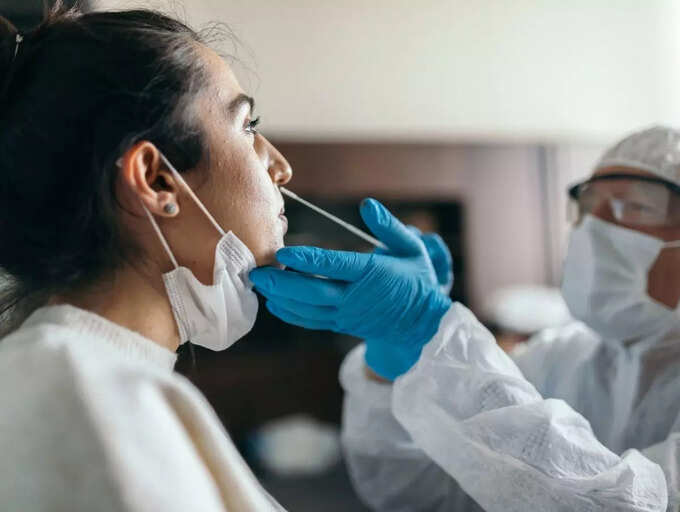
The second wave of coronavirus in India took a devastating turn when a large population either came down with severe illnesses or succumbed to the virus. Apart from the lax in taking necessary measures, experts hold the Delta variant responsible for the havoc wreaked. Since then, although the coronavirus cases in the country have considerably dropped down, globally, the B.1.617.2 lineage of COVID-19 continues to cause chaos, having become the most predominant variants, as per the Centre for Disease Control and Prevention (CDC).
02/6What makes Delta variant concerning?


The World Health Organization (WHO) categorised the Delta variant as a 'variant of concern', stating the dangers it poses to people's health and physical well-being. However, the question still remains as to what makes the Delta variant so concerning and dangerous?
According to the CDC, "The Delta variant is highly contagious, more than 2x as contagious as previous variants." "Some data suggest the Delta variant might cause more severe illness than previous variants in unvaccinated people," the health agency further explains.
Given its high transmissibility rate, experts believe that the Delta variant can be extremely deadly for unvaccinated people. In a recent report, those who are unvaccinated are 11 times more likely to develop severe illness, 10 times more prone to hospitalization and death, as compared to vaccinated individuals.
Read more: Coronavirus third wave: How to spot a Delta COVID infection (and ways to stay safe)
03/6How is it different from the original strain?


Viruses are programmed to change and mutate. Coronavirus also mutates and hence we have a wide range of variants from Alpha, Beta, Gamma to the most deadly, Delta.
According to the WHO, a virus replicates or makes copies of itself. These changes and alterations, by definition, are called “mutations”. A virus with one or more new mutations is referred to as a “variant” of the original virus.
When it comes to coronavirus, the Delta variant, also known as the B.1.617.2, is considered to be the most dominant strain till date.
COVID-19 mutations can have a difference in genomic sequencing, which may allow them to surpass, or attach themselves to the healthy cells more profoundly. The Delta variant, first identified in the state of Maharashtra last October, is considered to be a cross between E484Q and L452R mutations, making it all the more infectious and transmissible as compared to the original strain.
04/6Have COVID symptoms changed with the emergence of Delta infection?


As of now, the most classic symptoms of COVID-19 remain fever, persistent cough, fatigue, loss of sense of smell and taste and in some, even gastrointestinal problems.
With the onset of the Delta variant, experts have reported people getting sicker at a faster rate, especially young people, who were initially said to be less susceptible to the virus.
That said, while the classic symptoms remain to be the same in Delta variant patients, according to the data collected on the symptoms app, it was found that symptoms like runny nose, headache, sneezing have become more common, which were not so prevalent during the initial onset of the infection.
Experts believe that the changes in the symptoms could be a result of vaccination drives.
05/6Are vaccines effective against new COVID variants?


There has been a lot of buzz around whether the COVID vaccines will be effective against the Delta or the new emerging variants. Although there are still a lot of uncertainties regarding the same, studies have claimed that certain COVID vaccines can prove effective against the Delta Variant. Bharat Biotech's Covaxin and Serum Institute of India's Covishield and Russia-made vaccine Sputnik V are all said to be effective against the Delta variant. On a global note, Pfizer BioNTech vaccine is also said to reduce the risk of hospitalisation, according to a UK study.
But a surge in the number of breakthrough cases only increases scepticism and doubt. The fact that fully vaccinated people can still contract the virus and develop symptoms has confused many and lead to a state of vaccine hesitancy.
06/6How to stay protected?


Vaccination continues to be the best shield against COVID-19 and its variants. While it does not guarantee full immunity, as per experts, it sure does limit the risk of severe illness and hospitalization.
Additionally, whether you're vaccinated or unvaccinated, wearing your masks, maintaining social distance and following proper hand hygiene is of utmost importance.





































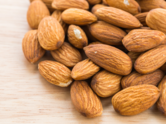
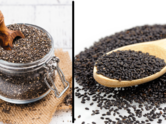
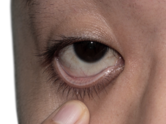




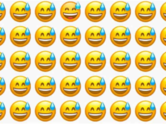


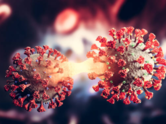



















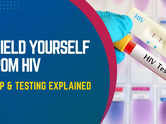













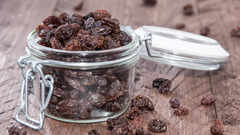

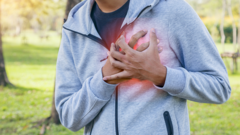

























closecomments
SIGN IN WITH
GoogleEmail